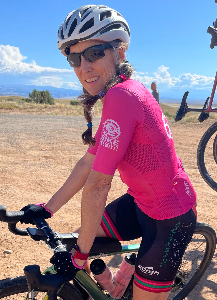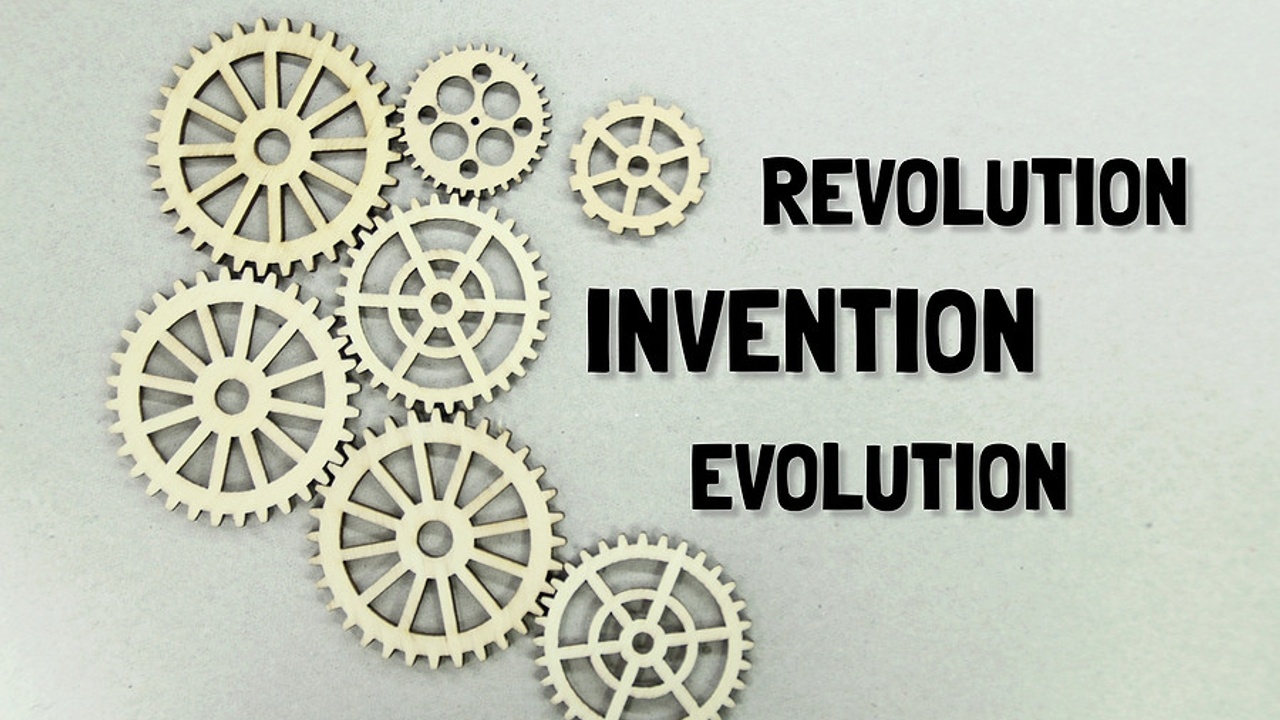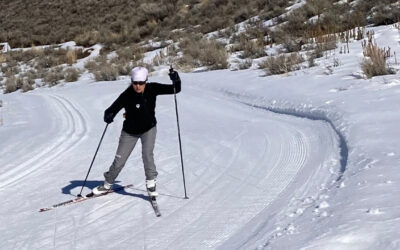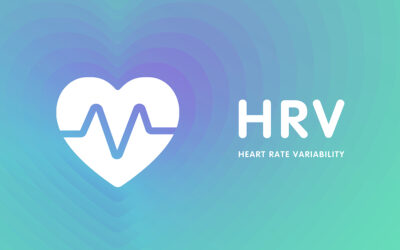The Pain Revolution is a grassroots movement that strives to change people’s understanding of chronic pain. The genesis of this evolution in our understanding of pain is based in Australia. Specifically, the Pain Revolution started in South Australia, in the city of Adelaide at the University of South Australia under the direction of Professor Lorimer Moseley. Lorimer is a primIer pain scientist who, along with his team, is conducting innovative and groundbreaking research on pain. If you have been following my blogs or have read my book, that name will seem familiar since I’ve written about his work.
Why I’m Getting Involved
 Our medical system in the US has limited and ineffective treatments for chronic pain. Just look at the opioid epidemic: there were nearly 50,000 overdose deaths in 2019, according to the CDC. However, simply educating people about the science of pain can have dramatic results. As an example, last year I offered a group coaching program, Pain Free Body, where I taught basic pain science concepts. Here’s what participants had to say:
Our medical system in the US has limited and ineffective treatments for chronic pain. Just look at the opioid epidemic: there were nearly 50,000 overdose deaths in 2019, according to the CDC. However, simply educating people about the science of pain can have dramatic results. As an example, last year I offered a group coaching program, Pain Free Body, where I taught basic pain science concepts. Here’s what participants had to say:
“Working with new understandings of pain can totally change how we perceive pain. So much of our pain is held in our conceptions of it; when our thoughts and stresses around it shift, the pain definitely loosens up and is not as painful.”
“I experienced life changing realizations and moments that will forever help me manage and resolve pain in my body and live an active lifestyle.”
“The course really brought to my attention how I’m not broken, but how certain brain patterns keep me stuck in a pain cycle. It is possible to break that cycle and heal!”
I’m getting involved because reconceptualizing pain promotes healing!
Target Concepts of the Pain Revolution
Curious about what I taught in that group? Here is an evolving list of what the latest pain science is discovering about pain. If you find any of the concepts unexpected and challenging to your concept of chronic pain, I encourage you to click on the word “more” to visit the Pain Revolution for a detailed explanation of that concept.
- Pain is always real. more
- Learn more about your pain. more
- Pain doesn’t equal tissue damage. more
- Pain equals protection. more
- Pain depends on context. more
- Pain and your protectometer. more
- Your overprotective pain system. more
- Retrain your pain system. more
- Being proactive about your pain. more
How I’m getting Involved
The truth is, I’ve been following Lorimer and the Pain Revolution for years. I’ve read his books, watched his YouTube videos, attended his Master Sessions (I’m super excited about next month’s program: Less Pain Better Performance), and am currently taking courses at the University of South Australia (UniSA) to earn a Professional Certificate in Pain Sciences. I guess I’m a bit of a groupie. 🙂 However, there is another reason for pursuing the certificate. It is the first step in becoming a Local Pain Educator. Currently, this program is only for people in Australia, but I figure it is best to be prepared in case it expands . . .
 Then, when I found out the Pain Revolution does a rural outreach tour on bikes, I was totally hooked. As you may or may not know–I LOVE CYCLING! Riding on gravel, road, dirt, whatever–I dig it. When I learned about the tours, I kept thinking about how cool it would be to combine the sport I love with my passion of helping others relieve chronic pain. What an experience it would be to ride the countryside while raising awareness about pain science and helping people recover. And, though I’d love to go to Australia (if they’ll give me a visa this time, read more), why not here, in the US?
Then, when I found out the Pain Revolution does a rural outreach tour on bikes, I was totally hooked. As you may or may not know–I LOVE CYCLING! Riding on gravel, road, dirt, whatever–I dig it. When I learned about the tours, I kept thinking about how cool it would be to combine the sport I love with my passion of helping others relieve chronic pain. What an experience it would be to ride the countryside while raising awareness about pain science and helping people recover. And, though I’d love to go to Australia (if they’ll give me a visa this time, read more), why not here, in the US?
As you’ve read, I have lots of interest and enthusiasm for the Pain Revolution. Being in the US, though, there are some challenges to participating. I do know that somehow, I’ll help to spread the word about pain science here. I’m just not sure what form that will take right now. However, I believe that getting involved and connecting with others around this topic will help me figure it out.
How you can get involved
Sponsor me!
While the rural outreach tour is on hold from the Covid pandemic, the Pain Revolution is doing an online campaign–Go the Distance–to support people living with chronic pain.

Initiative details
Dates: October 1- 31, 2022
My Team: UniSA, with my fellow students and course instructor for my current class: Pain Theory and Science
My Activity Goal: Cycle the distance of The Pennine Way in England, 431 km The Pennine Way was the first national trail in England that traverses the peaks district in the northern uplands to the Scottish border.
My Fundraising Goal: $100, through it would be great to raise more
Donation Page: https://pain-revolution-go-the-distance-2022.raisely.com/jessica-kisiel



